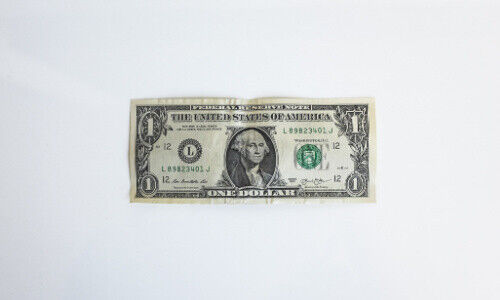Departing government official Joseph Yam makes uncharacteristically blunt comments to a local newspaper. finews.asia takes a look.
Joseph Yam Chi-kwon, currently one of the cabinet officials in Carrie Lam's embattled, outgoing administration, made a remarkably frank assessment of the economic and geopolitical situation the city currently faces in an interview (behind paywall) with the South China Morning Post (SCMP) Monday.
«It looks like Hong Kong is going into a period that will present unusual challenges to the stability and integrity of our monetary and financial systems, and to our status as an international financial center,» Yam told the SCMP in an interview.
Despite that, the former head of the Hong Kong Monetary Authority (HKMA) maintained that keeping the Hong dollar peg was still the best option. Although those comments could be considered an attempt to shore up the status quo, coaxing the challenges in terms as «unusual» and, later, «nuclear» seems to go a significant step further.
Not in Sync
As finews.asia previously indicated, the peg is expected to come under strain given expected significant further increases in US Federal Reserve (Fed) interest rates. The economic cycles between the city and the US have not been in sync since the financial crisis. That means that the city, in essence, has imported artificially low-interest rates given attempts by Fed officials to soften the repercussions of that crisis through quantitative easing and rates that were kept at near zero.
The city economy, however, is far more closely linked to China, which has been growing strongly over the same period, and this would have necessitated higher levels of interest rates. This has likely led to more than a decade of overly exuberant and irrational economic decisions, property and financial market asset prices.
Now the reverse is true. Given the slow pace of economic growth in China, and Hong Kong, some of which is likely related to continued efforts to contain the pandemic, the city may become unduly economically depressed over a longer period of time than is necessary if it follows the full breadth and extent of the expected increases in interest rates. And if it intends to keep the peg, it will have to.
The Nuclear Option
He also discussed the geopolitical tension between China and the US, saying the North Americans appeared to be inclined to «weaponize finance», with some quarters talking about ratcheting up sanctions to prevent the city from being able to settle the US currency as a way of breaking the peg.
«I just cannot see why the US would want to impose on Hong Kong the type of financial sanctions now being applied to Russia. These are nuclear options,» Yam told the SCMP.
He indicated his belief that they would not want to «destroy or damage» one of the most active dollar trading centers in the world, asking what that would potentially have on financial market sentiment and the status of the currency itself.
A Small Omission
Although his comments appear valid at face value, what they very clearly omit is that maintaining the status quo gives the US clear leverage. And although that may be true on a purely economic basis, there are many bystanders in both China and the US that potentially would have clear issues with that rationale, at least geopolitically.
Yam also said that linking the currency to the renminbi was only a contingency option given the technical issues involved in switching although it could do more to internationalize the Chinese currency and reduce its dependency on the dollar.
He believed that the city's future place could potentially be a «preferred» intermediary, particularly given the volatility in the global financial markets. That may be a lesson clearly gleaned by observing Swiss finance as a former UBS board member.




































